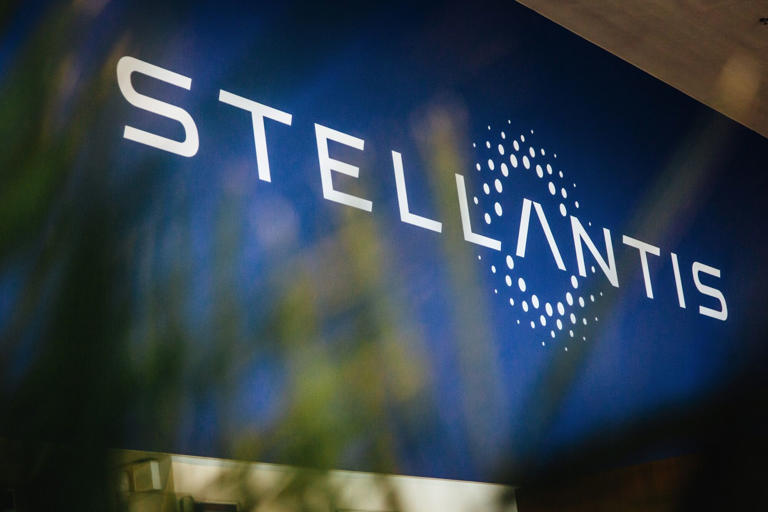Stellantis NV, the parent company of renowned automotive brands like Jeep and Ram, has reached a significant agreement with the California Air Resources Board (CARB) to adhere to the state’s stringent emissions regulations and promote the adoption of electric vehicles (EVs). This deal is poised to bolster California’s efforts to combat climate change and reduce greenhouse gas emissions from vehicles, while potentially safeguarding these initiatives from potential challenges by federal administrations, particularly those hostile to environmental regulations.
Under the terms of the agreement, Stellantis commits to reducing emissions across its vehicle lineup through the 2026 model year and complying with California’s escalating requirements for zero-emission vehicle (ZEV) sales until 2030. This move represents a notable shift for Stellantis, which previously resisted California’s emissions standards, alongside other major automakers, during the Trump administration.
California’s strict emissions rules have faced threats from former President Donald Trump, who sought to revoke the state’s authority to set its own emissions standards under the Clean Air Act. Trump’s criticisms of President Joe Biden’s pro-EV policies and his intent to dismantle what he dubbed as “EV mandates” further underscored the potential challenges facing California’s clean-car initiatives.
The agreement between Stellantis and CARB includes provisions that ensure Stellantis’ compliance with California’s electric-car mandates, even in the face of legal or federal challenges. This pact not only demonstrates Stellantis’ commitment to sustainability but also aligns with California Governor Gavin Newsom’s efforts to accelerate the state’s transition to cleaner transportation options.
As part of the deal, Stellantis will invest $10 million in public charging infrastructure in California and other states adhering to CARB’s emissions regulations. Additionally, the company will offer discounts on new vehicles in disadvantaged communities, contributing to equitable access to EVs.
Furthermore, Stellantis will benefit from greater flexibility in meeting California’s ZEV requirements, as its sales of plug-in hybrids and EVs across all 50 states will now count toward fulfilling these mandates. Previously, only deliveries in California and select states aligned with the emissions standards were considered.
This agreement arrives amid the Biden administration’s efforts to implement stricter pollution limits for U.S. vehicles, which are anticipated to be the most stringent to date. The administration’s revisions to these regulations are aimed at accommodating the concerns of automakers while advancing climate goals.
In summary, Stellantis’ agreement with California marks a significant step towards accelerating the adoption of electric vehicles and reducing emissions from the transportation sector, underscoring the pivotal role of collaboration between industry and regulatory authorities in addressing climate change.
Stellantis, the result of the merger between Fiat Chrysler and PSA Group in 2021, has faced significant challenges in meeting California’s emissions requirements. Historically trailing behind in fuel economy standards, the company resorted to limiting sales of gas-powered vehicles in California and several other states last year to avoid penalties associated with the state’s stringent EV mandates. This decision, while aimed at compliance, led to repercussions such as layoffs at its Jeep plant in Toledo, Ohio, which the company attributed to the California regulations.
However, Stellantis has now shifted its stance and reached an agreement with California’s regulatory authorities, joining other major automakers like Ford, BMW, and Volkswagen in similar accords. These agreements, previously contested by Stellantis, entail voluntary commitments by automakers to increase the average fuel economy of their fleets to approximately 50 miles per gallon by the end of the 2026 model year.
In October, Stellantis had challenged California’s adoption of these agreements, alleging procedural irregularities and expressing its desire to participate in the voluntary commitments. Despite its initial opposition, Stellantis has now embraced the accord, with CEO Carlos Tavares highlighting it as a mutually beneficial solution benefiting both consumers and the environment.
This shift in stance underscores the evolving dynamics within the automotive industry, where sustainability and environmental concerns are becoming increasingly prominent. By aligning with California’s emissions regulations, Stellantis aims to enhance its environmental credentials and contribute to efforts aimed at reducing greenhouse gas emissions from vehicles.
